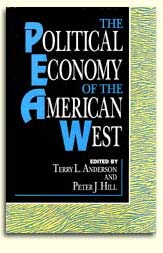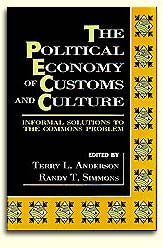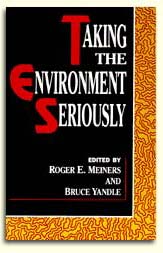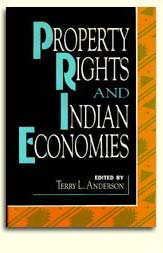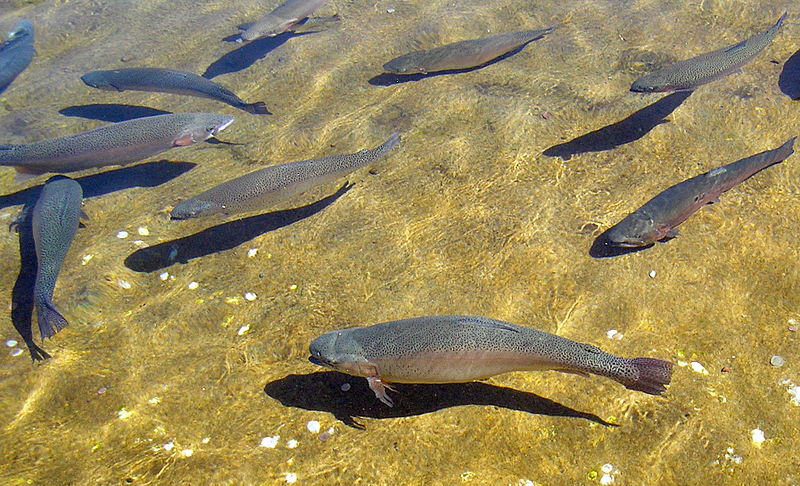[…] authors who discuss why there was little economic growth on Western Indian reservations, how Yellowstone National Park really was established (by the railroads), and the subsidized development of water resources. The book illustrates the interplay of economic and political forces on Western development. Terry L. Anderson is the executive director of PERC and a […]
